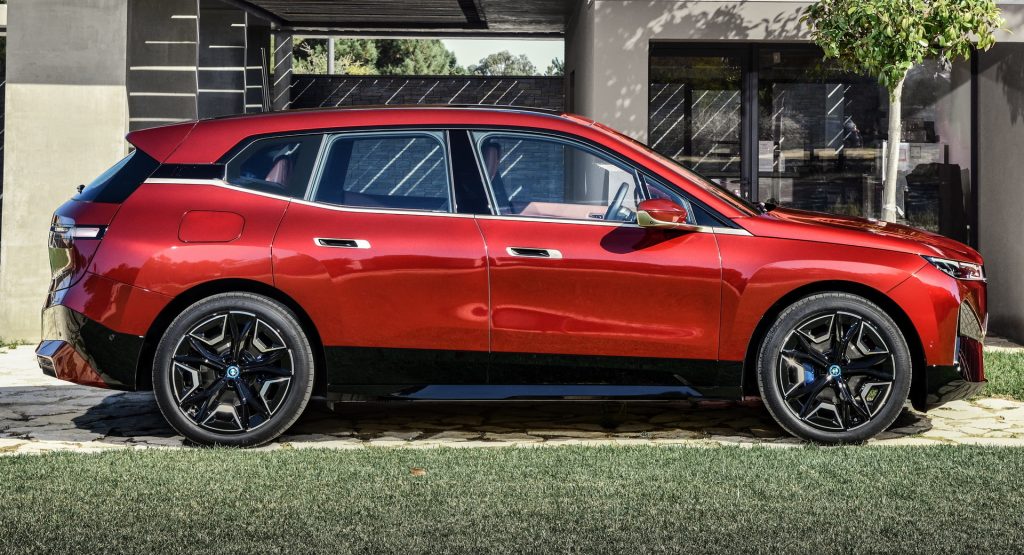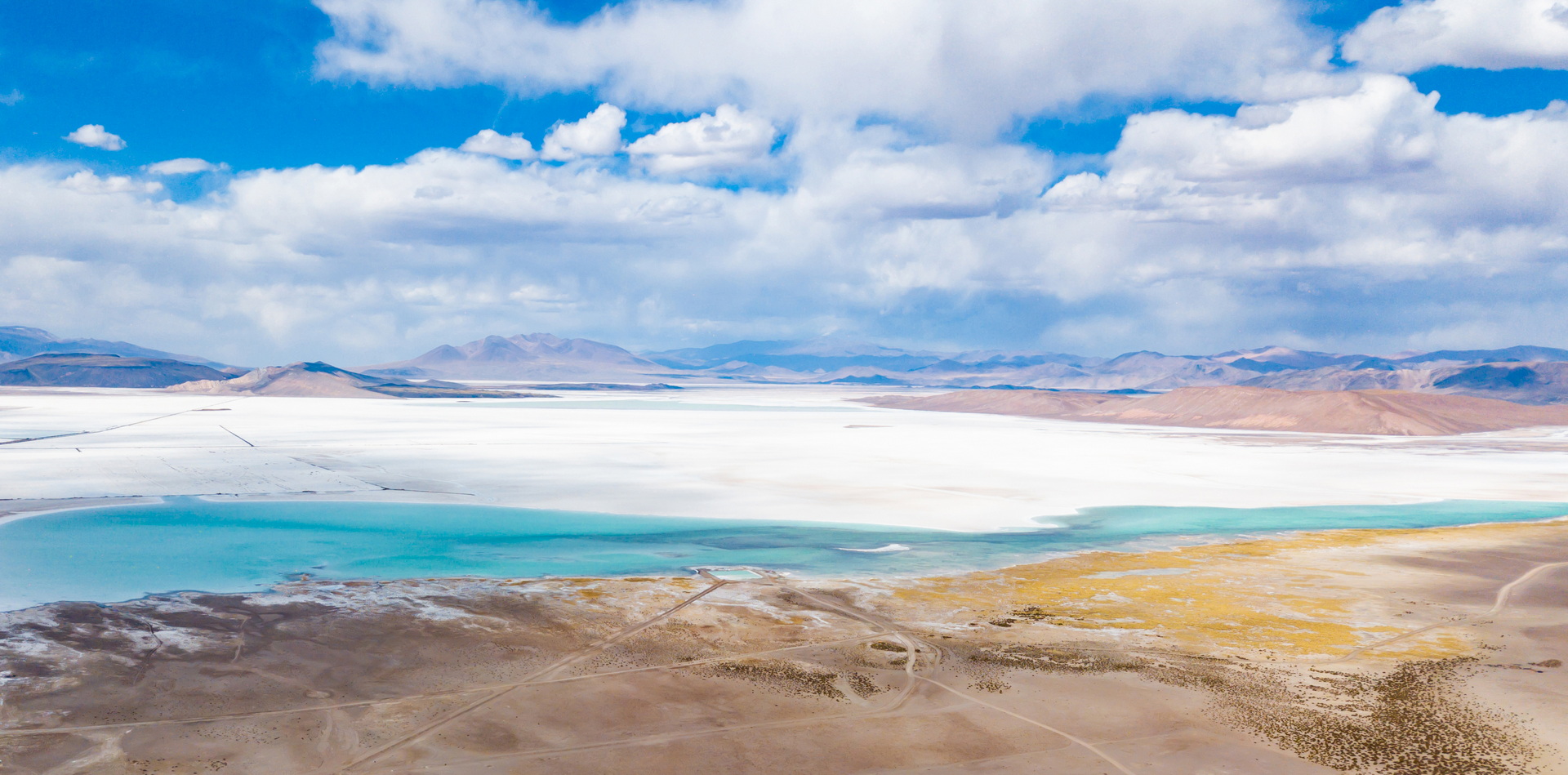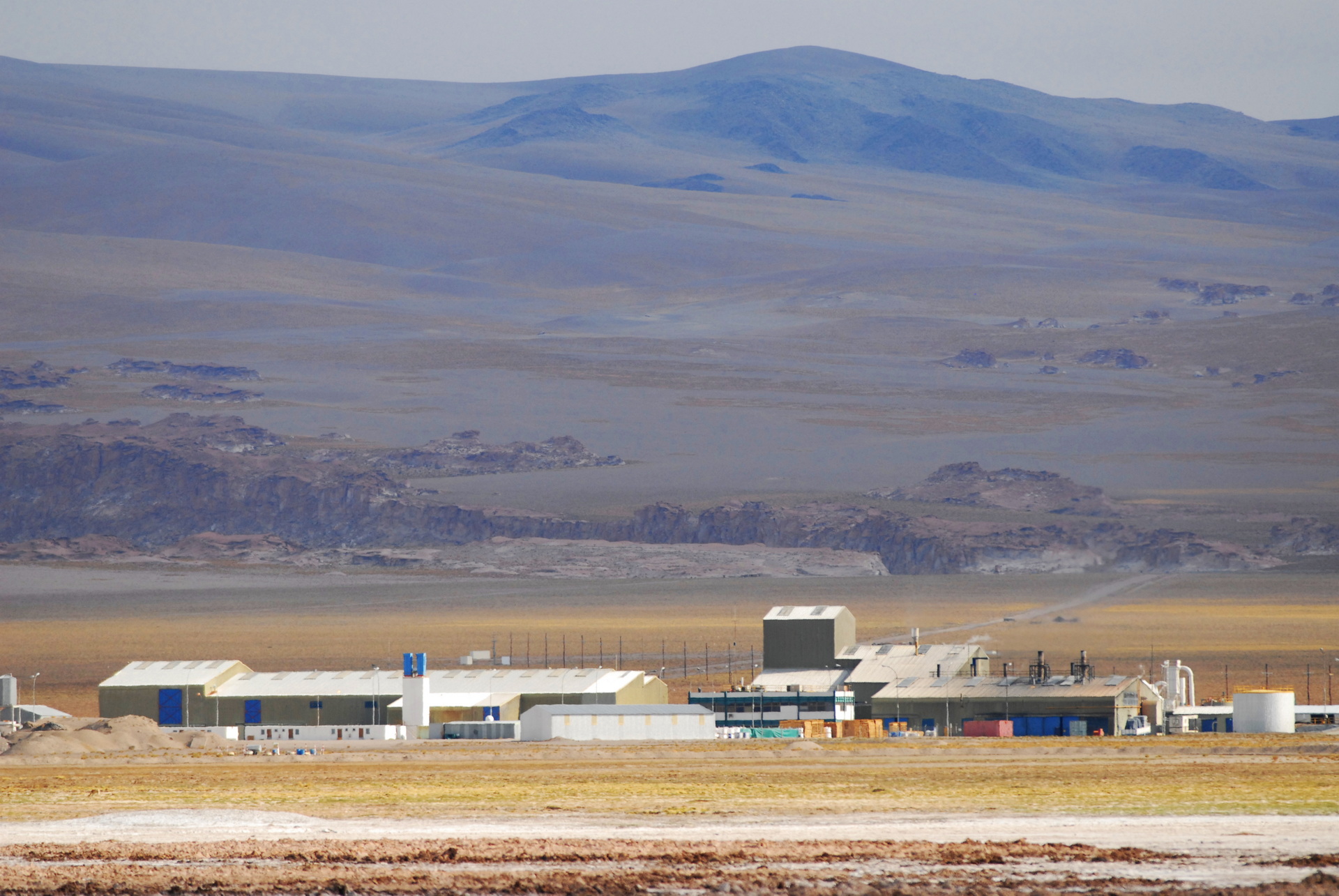The BMW Group is signing a €285 million ($334 million) deal with a second lithium supplier. US company Livent will supply the automaker’s batteries with the crucial mineral.
Although Livent is based in Philidelphia, it gets its lithium from salt lakes in Argentine, near the border with Bolivia and Chile. The supplier will sell directly to BMW’s battery cell manufacturers in order for the company to keep tabs on the production.
The automaker has chosen Livent, which also supplies Tesla, in order to diversify its base of suppliers and also because of the company’s proprietary extraction method.
Livent uses a novel and less environmentally-taxing method to extract lithium from the brine in the salt lake. Traditional methods see vast basins of brine evaporated and the lithium collected from the ground. Livent’s method does away with the large evaporation basins.
The company says that this reduces the amount of land used and returns most of the brine back into the surrounding habitat. This minimizes the impact of the process by maintaining the ecological balance of the area while using very few solvents and chemicals.
Also Read: BMW Signs A $2.3 Billion Battery Deal With Sweden’s Northvolt
Indeed, BMW and BASF have commissioned a study from the University of Alaska Anchorage and the University of Massachusetts to investigate the impact of lithium mining on ecosystems with a view to further minimizing its impact.
“By sourcing lithium from a second supplier, we are securing requirements for production of our current fifth generation of battery cells,” said Andreas Wendt, head of purchasing and supply chain at BMW. “At the same time, we are making ourselves technologically, geographically, and geopolitically less dependent on individual suppliers.”
BMW’s other source of lithium was arranged in 2019. That supply comes from hard-rock deposits in Australia. This type of lithium extraction requires large open mines and has been blamed for both river- and land-based pollution.
However its harvested, lithium will continue to be an important material for BMW, which expects half of its sales to come from fully electric vehicles by 2030.







